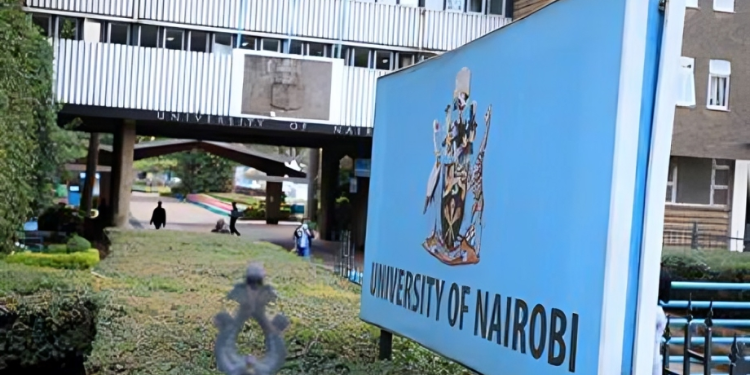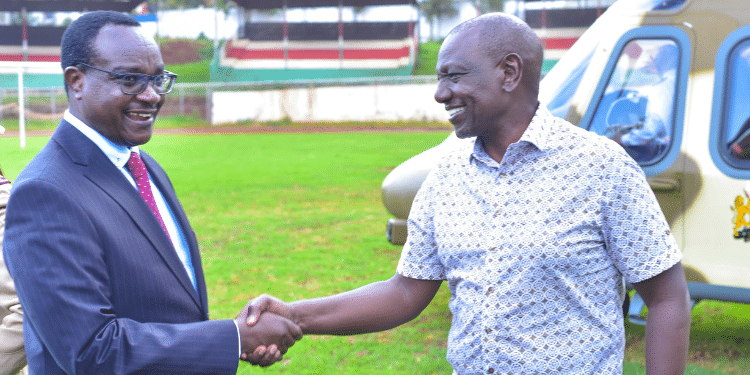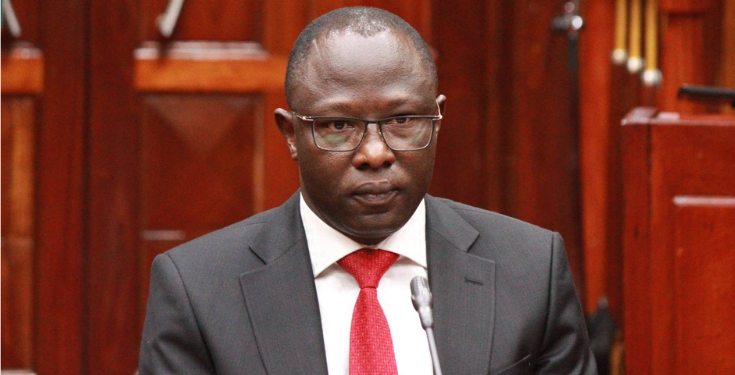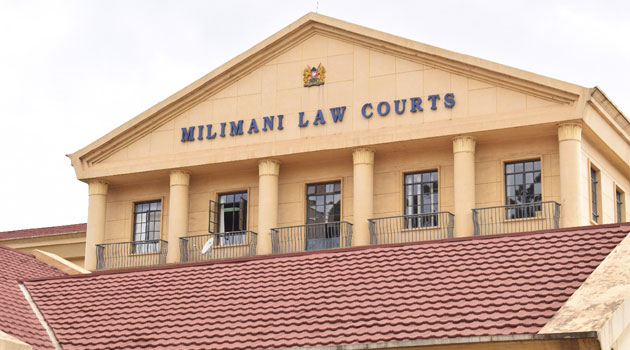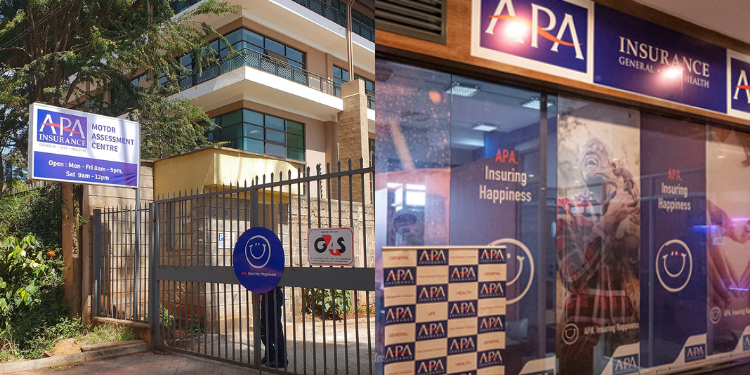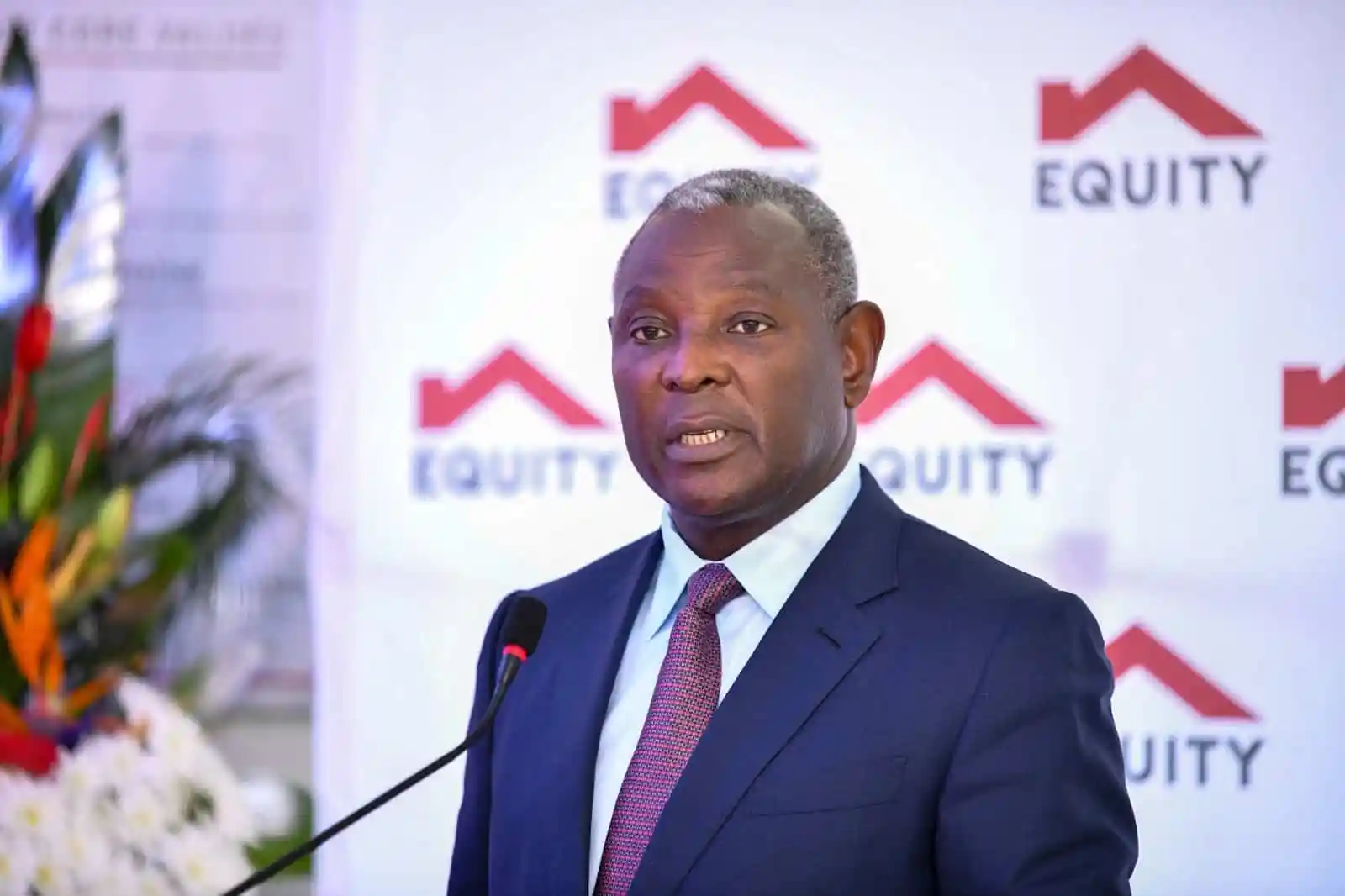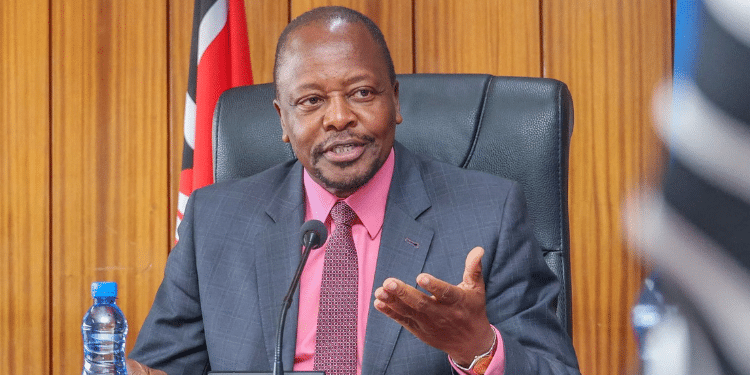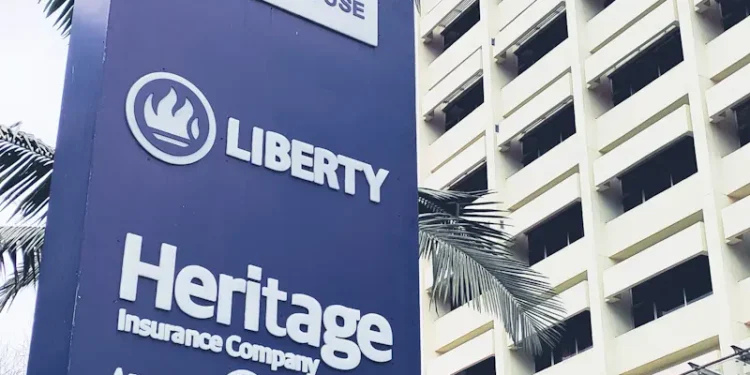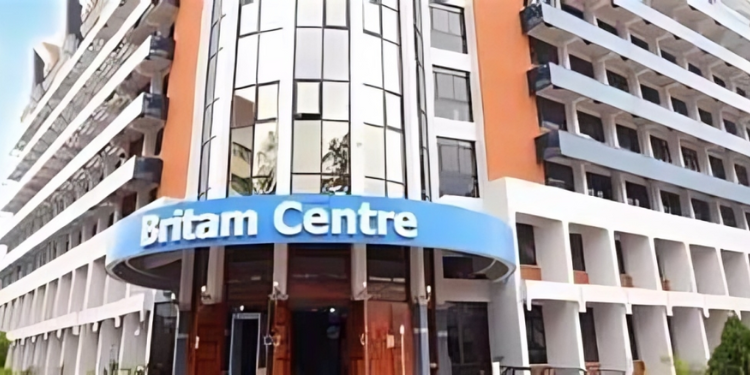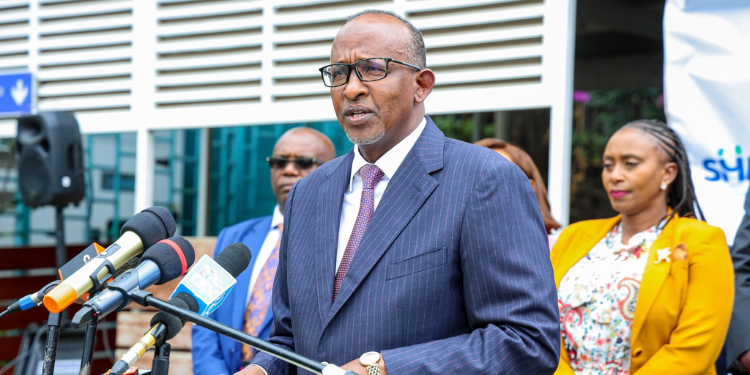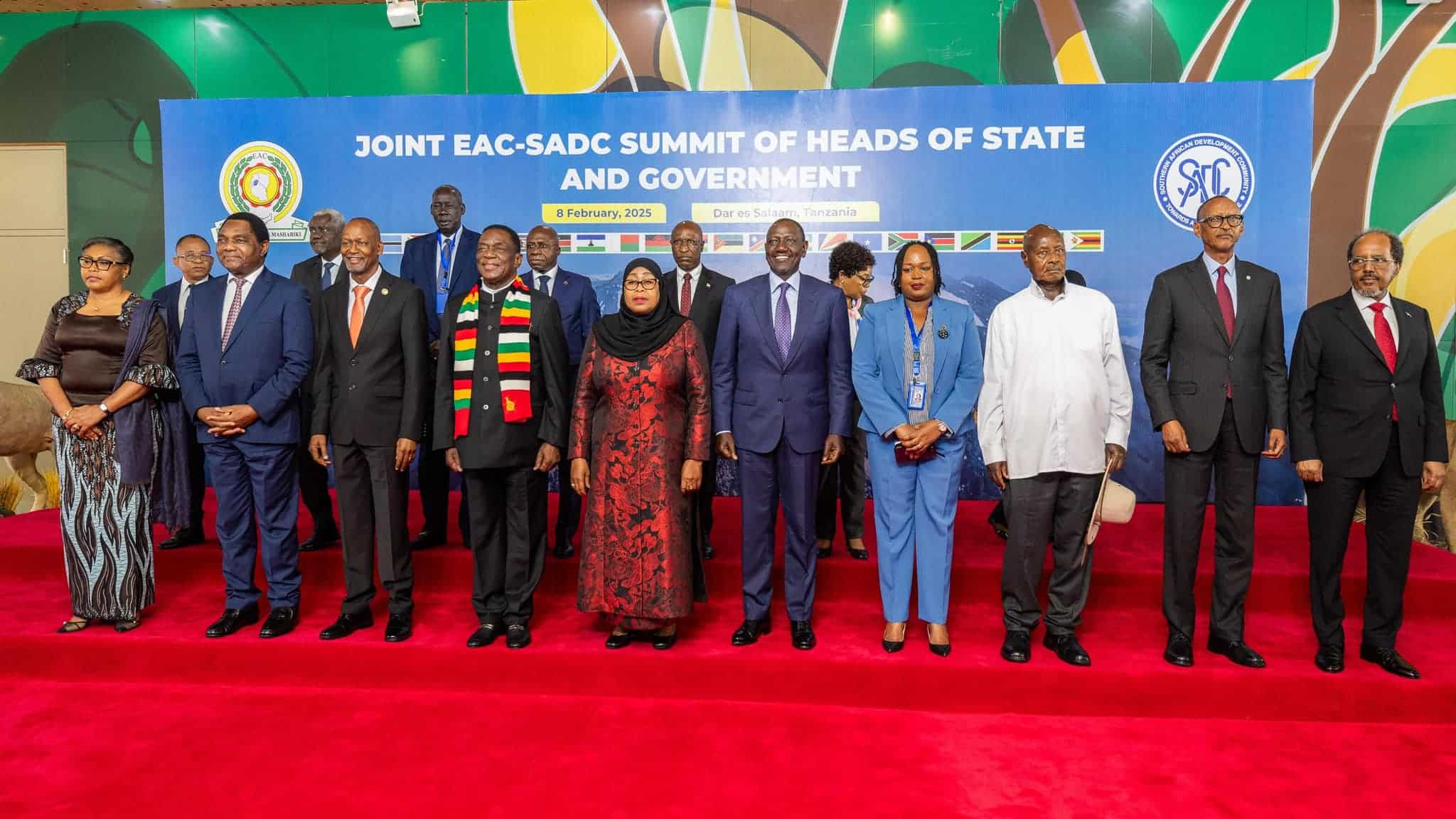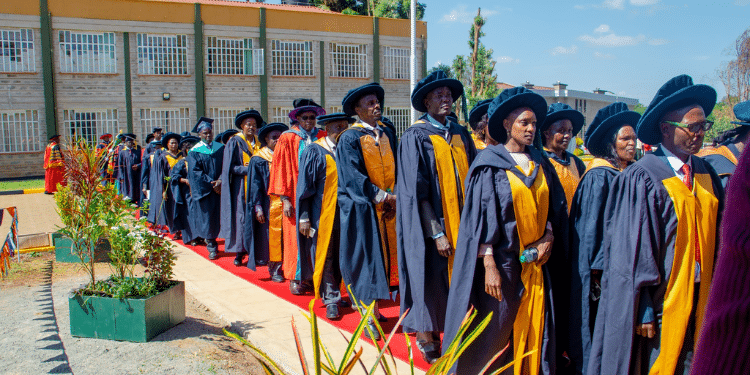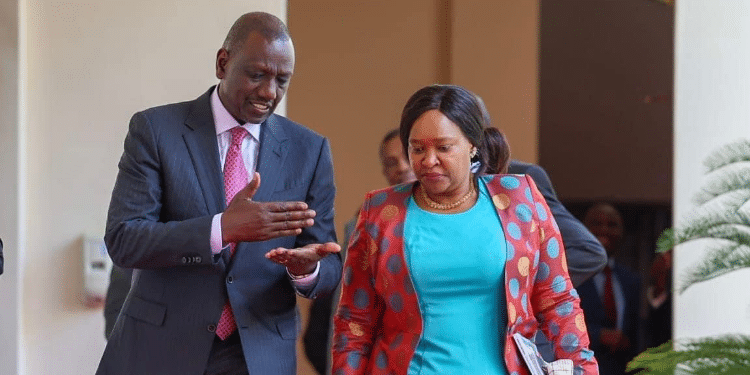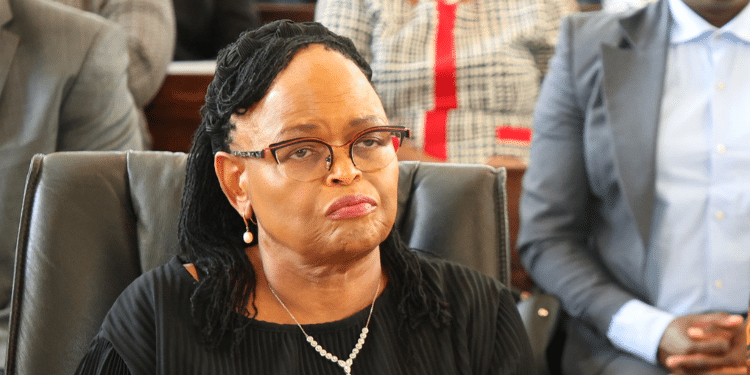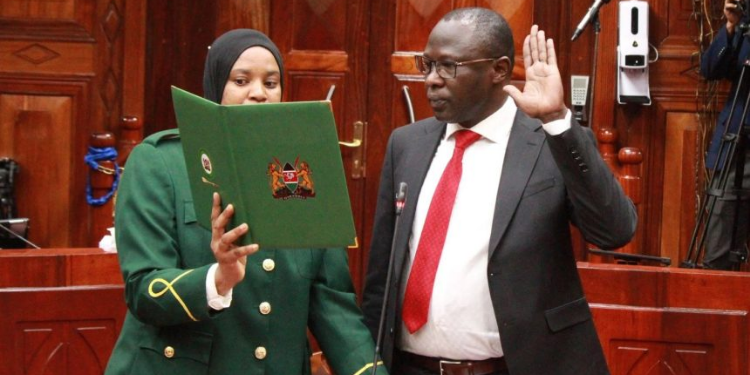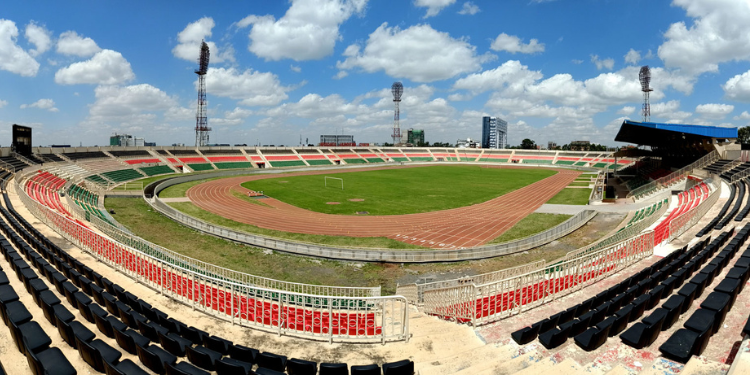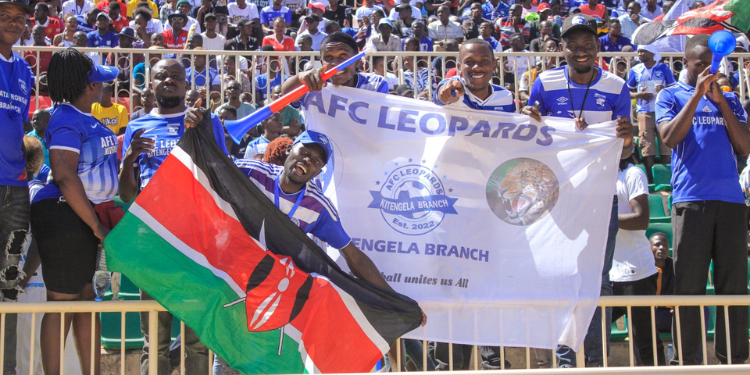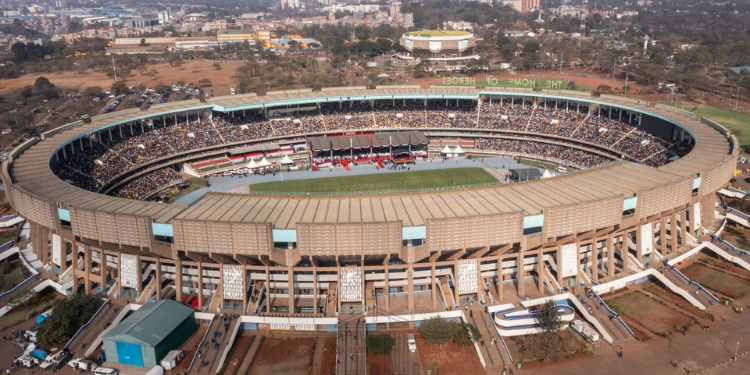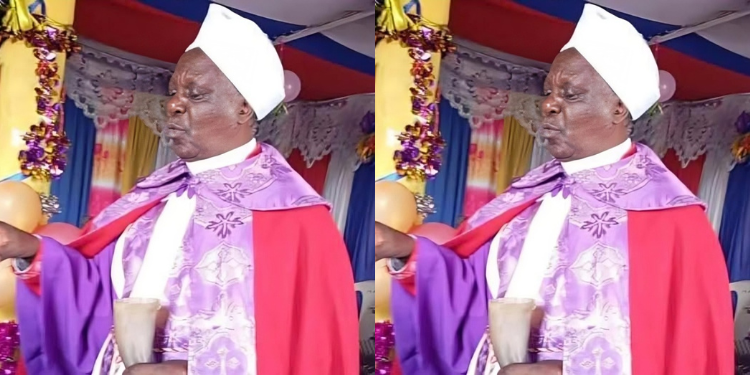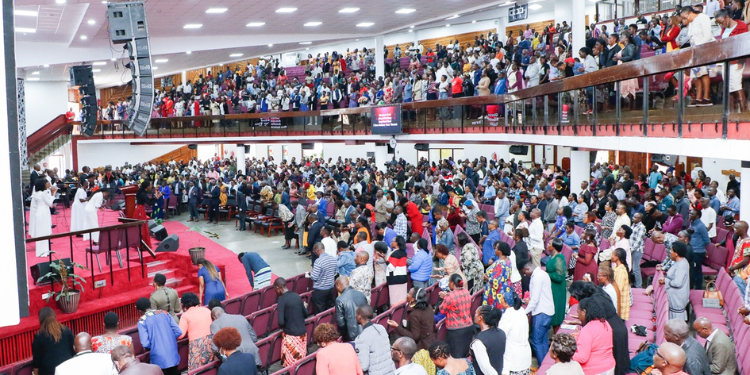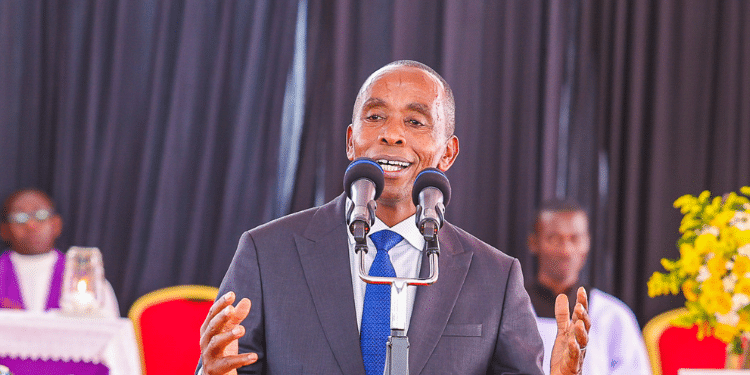Kiambu County Governor, Kimani Wamatangi, has announced robust measures to manage land use and development as the county faces rapid urbanization pressures.
In a notice dated Thursday, June 6, 2025, the County Government of Kiambu outlined plans to balance urban growth with agricultural preservation, ensuring sustainable land use and food security.
“Kiambu County is committed to balancing urban development with agricultural sustainability,” read part of the notice.
According to the County Government, Kiambu’s proximity to Nairobi and its thriving economy have driven significant urban expansion, leading to concerns over the unsustainable conversion of fertile agricultural land into non-agricultural uses.
This shift has contributed to food insecurity, environmental degradation, and the creation of uneconomical land parcels due to unregulated subdivisions.
To balance between rapid urbanization and the need to preserve its vital agricultural sector, the County Government is implementing new planning frameworks and regulations to ensure sustainable land development.
Wamatangi Urges the Need to Balance Between Urbanization and Agriculture
Agriculture, which remains the predominant economic activity for a large portion of Kiambu’s population, contributes significantly to household incomes and Kenya’s GDP.
The county is a major producer of food crops like maize, beans, and Irish potatoes; horticultural crops such as bananas, vegetables, fruits, and flowers; and industrial crops including coffee, tea, and macadamia.
Also Read: Wamatangi Issues Eviction Notice to Traders
The County Government is committed to balancing economic growth driven by its strategic location and proximity to Nairobi with the protection of its agricultural heritage.
A major challenge highlighted in the notice is the unsustainable conversion of agricultural land to other uses, along with the illegal subdivision of land into uneconomical sizes. This trend contributes to food insecurity and environmental degradation.
Other challenges include overcrowding, poverty, infrastructure strain, climate change impacts, and inconsistent legal frameworks governing land subdivision approvals and title registration.
Guidelines for Land Mangement
To combat these challenges, the County Government is deploying robust planning tools. These include twelve Integrated Strategic Urban Development Plans (ISUDPs), approved by the County Assembly, to guide development in specific urban areas and municipalities.
These 10-year plan provide spatial frameworks, guide infrastructure development, regulate land use, and include zoning and development control guidelines.
Also Read: Kiambu Governor Kimani Wamatangi Arrested
Additionally, a County Spatial Plan prepared every 10 years is nearing completion and will serve as a basis for County Integrated Development Plans (CIDPs).
The new guidelines for land management include:
- Developing and enforcing policies to regulate land subdivision into sustainable sizes.
- Promoting public awareness of the long-term implications of uncoordinated subdivision.
- Supporting sustainable agricultural practices and alternative livelihoods.
- Launching a Land Commercialisation Initiative (LCI) to connect investors with value chains.
- Reclaiming unlawfully acquired public land for community projects.
- Strategically acquiring land for future investment.
Governor Wamatangi emphasized that no development can proceed without proper approval, warning that violators face fines or imprisonment.
Subdivision approvals must comply with zoning guidelines, ensuring significant portions of land are retained for agriculture.
Land prices in Kiambu vary widely based on location, size, accessibility, and intended use (residential, commercial, or agricultural).
The average price for land in Kiambu is approximately KSh 10 million, with prices ranging from KSh 1.2 million to KSh 26 million for smaller plots, and up to about KSh 3.7 billion for larger parcels.
Common plot sizes include 50×100 ft (1/8 acre), 100×100 ft (1/4 acre), and larger parcels up to 123,975 acres. Smaller plots (e.g., 50×100 ft) can start as low as KSh 800,000 in areas like Juja or Kamangu.
Follow our WhatsApp Channel and X Account for real-time news updates.




